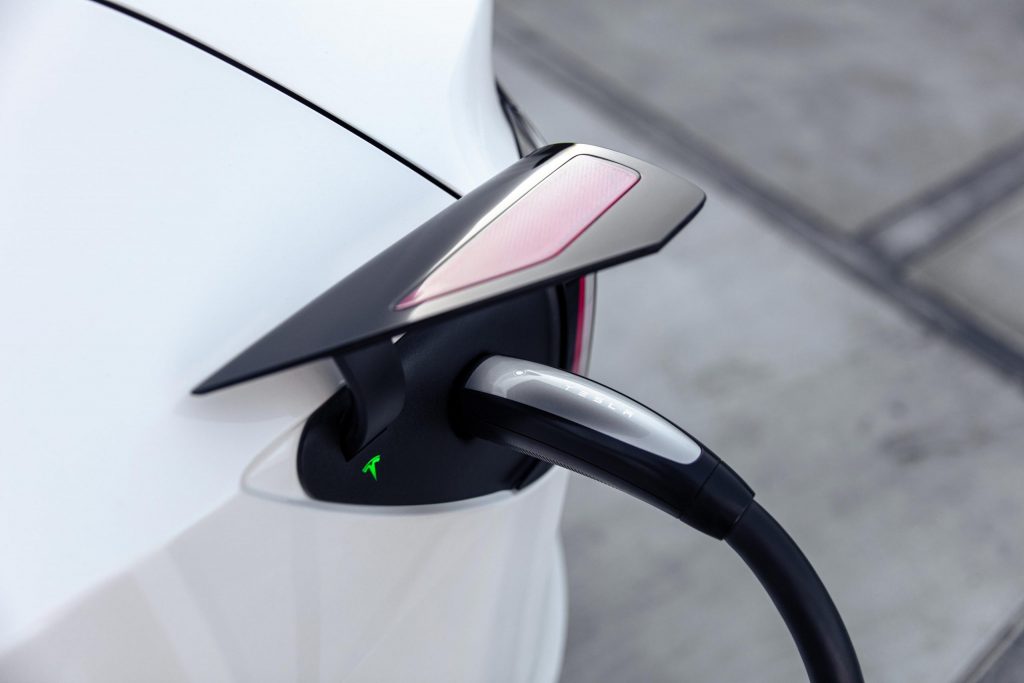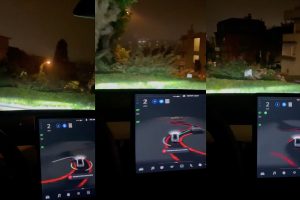President Joe Biden‘s “Build Back Better” plan was officially passed after the U.S. House of Representatives voted 220-213 in favor of the $1.9 trillion bill, which includes the language that will offer an up-to $12,500 electric vehicle tax credit for potential buyers. After several revisions to the EV tax credit in the past several weeks, the bill is now finalized and passed.
The bill has finally been passed after months of stalemates between Republicans and Democrats, who could not agree on terms with many right-wing politicians leaning against the massive spending plan. Not a single Republican voted in favor of the “Build Back Better” plan, while only one Democrat voted against Biden’s agenda. Following the passing through the House of Representatives, the bill now heads to the Senate.

Perhaps one of the biggest developments in the bill’s passing is the re-introduction and restructuring of the EV tax credit, which offers buyers of sustainable vehicles a $7,500 credit on taxes owed to the federal government. This $7,500 credit is limited to automakers that have sold less than 200,000 units, so Tesla and General Motors are both excluded from the current credit.
However, both companies will see the benefits of the newly structured EV tax bill, which will provide buyers with as much as $12,500 in “refundable” credits, meaning any additional funds that are not contributed to a tax payment will be put in the car buyer’s pocket. The base amount of the credit remains at $7,500. It increases by $4,500 if the EV is made in the United States by unionized labor, and an additional $500 if the battery used in the vehicle was manufactured in the United States.
There are additional changes that widely differ from the previous bill. Income limits, which could disqualify some families from receiving the credit, were revised for the re-introduction of the bill. Income limits were lowered to $500,000 for joint families, $375,000 for the head of household, and $250,000 for individual filers. These are reasonably sizeable reductions, especially as single filers were eligible with incomes of up to $400,000, and joint filers were not disqualified until the $800,000 yearly income mark.
Used EVs will also qualify for some tax credit relief. The vehicle will qualify if it s at least two years old, costs under $25,000, and the household has an income of less than $75,000 for single filers and $150,000 for joint filers.





